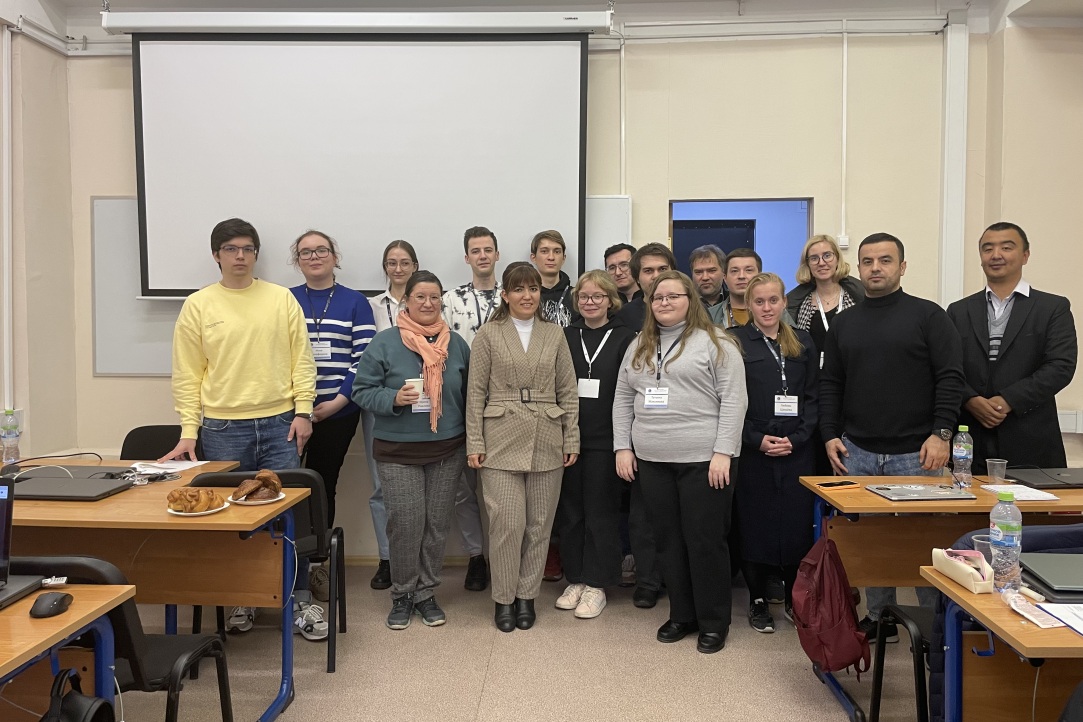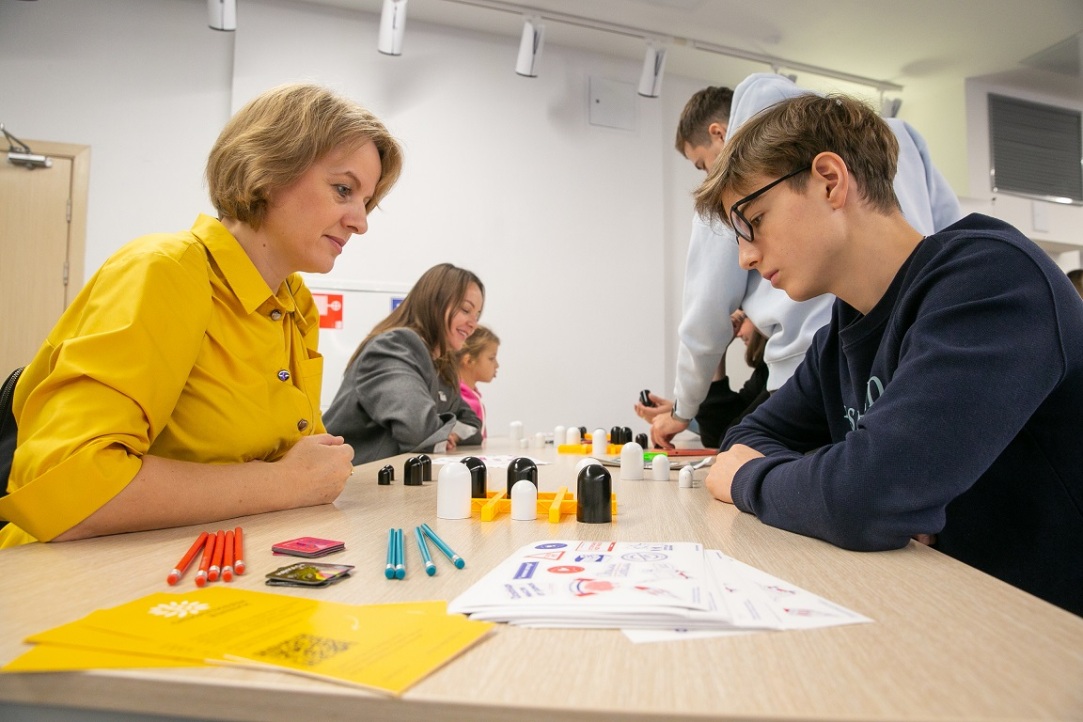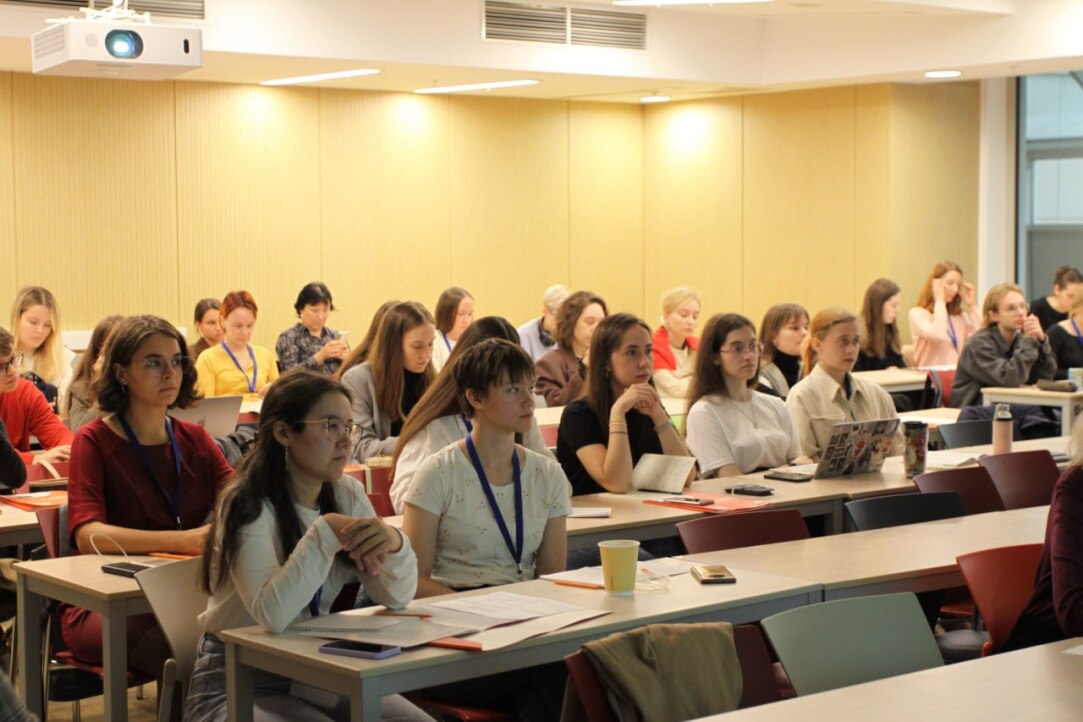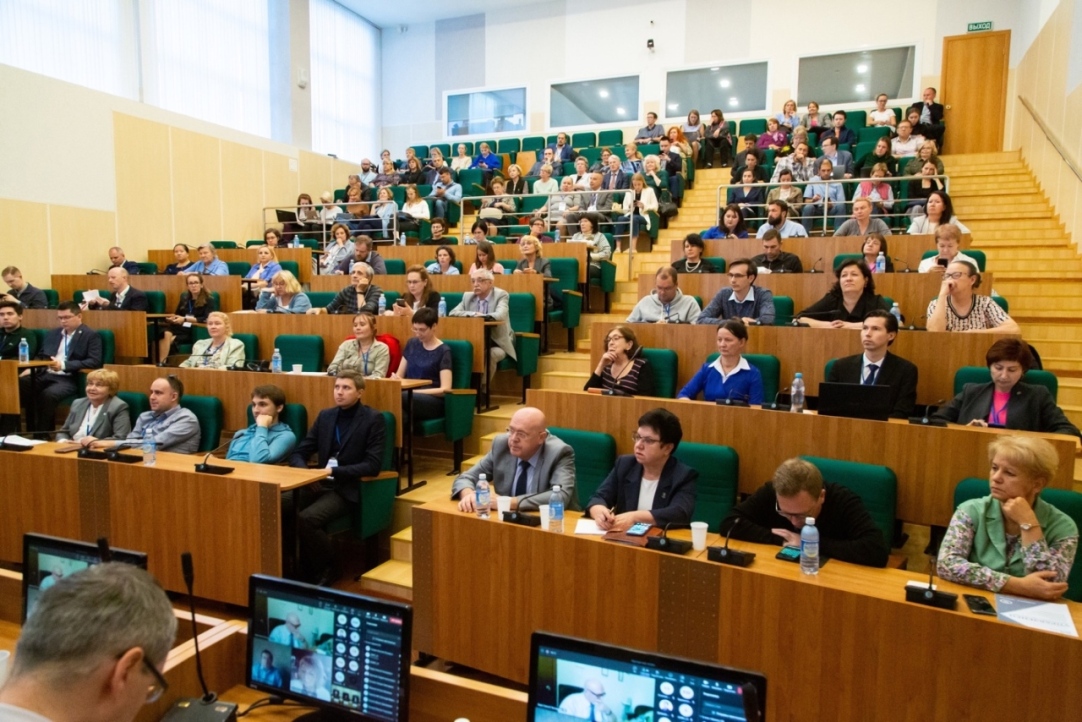Virtuality is increasingly penetrating into the real world. The economy of impressions is developing; in order to attract and retain customers, companies focus on creating user experiences, where they use modern AR/VR technologies, among other things. In addition, work, education, medicine, entertainment and much more are becoming virtual. Interaction of the virtual and real worlds is the main topic of the new issue of trendletters, produced as part of a joint project of the Human Capital Multidisciplinary Research Center and the UNESCO Futures Studies Chair (UNESCO Futures Literacy Chairs network).


















